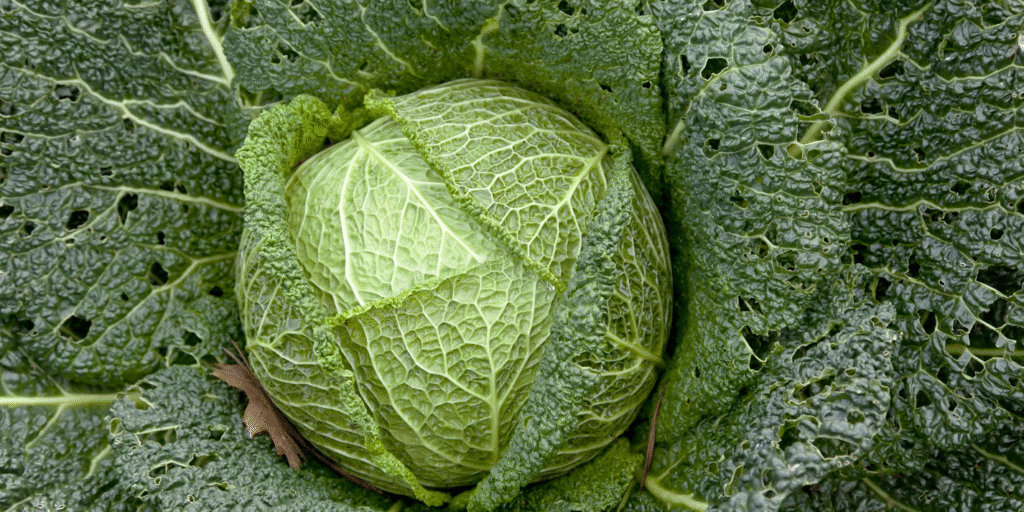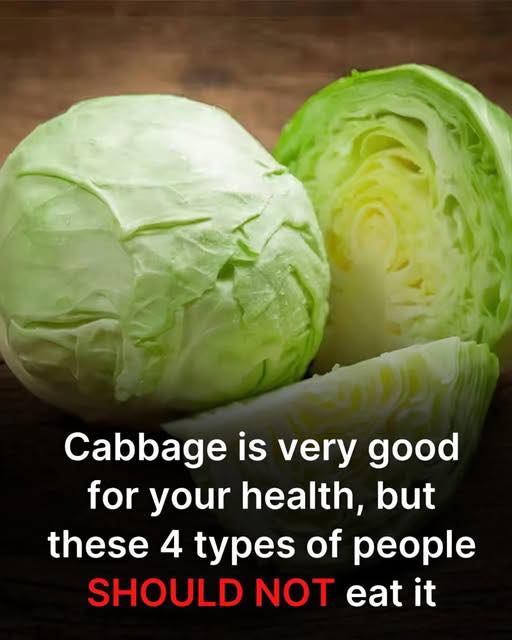This one may come as a surprise: Cabbage, especially when fermented or pickled (think sauerkraut or kimchi), can provoke allergic reactions in sensitive individuals.
That’s because cabbage naturally contains histamines—compounds that can trigger responses like itching, sneezing, watery eyes, or in some rare cases, even eye bleeding (known as subconjunctival hemorrhaging) in extremely sensitive people.
If you’ve ever had seasonal allergies, unexplained eye irritation, or food sensitivities, cabbage could quietly be contributing to the problem.
Symptoms might not show up right away but can worsen with regular exposure, especially to fermented cabbage products.
If you’ve experienced odd allergy symptoms after meals, it may be worth tracking whether cabbage or sauerkraut is involved—and asking your doctor about histamine intolerance.
4. People with Kidney Problems: Why Oxalic Acid Is a Concern
Cabbage might look low-risk, but it contains oxalic acid—a naturally occurring substance that can bind to minerals like calcium and lead to the formation of kidney stones.
If you’ve had a kidney stone in the past, or if you’re living with chronic kidney disease or reduced kidney function, oxalates are best approached with caution.
While one serving of cabbage now and then probably won’t cause harm, frequent consumption or large portions can increase your risk—especially if you’re not drinking enough fluids or are on a special renal diet.
What can help?
Cooking cabbage thoroughly and chopping it into small pieces can reduce the oxalate load, making it safer to enjoy occasionally. But as always, it’s smart to consult your nephrologist or dietitian before adding cabbage to your weekly menu.
How to Enjoy Cabbage Safely, If You Still Love It

If cabbage has been a beloved part of your meals for decades, you don’t necessarily have to give it up entirely.
